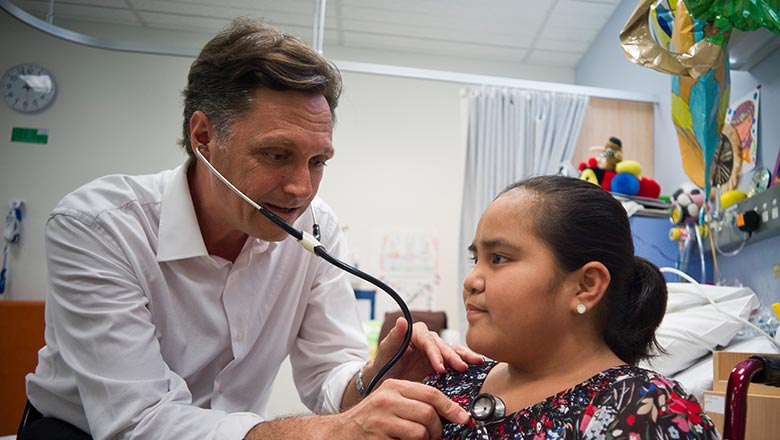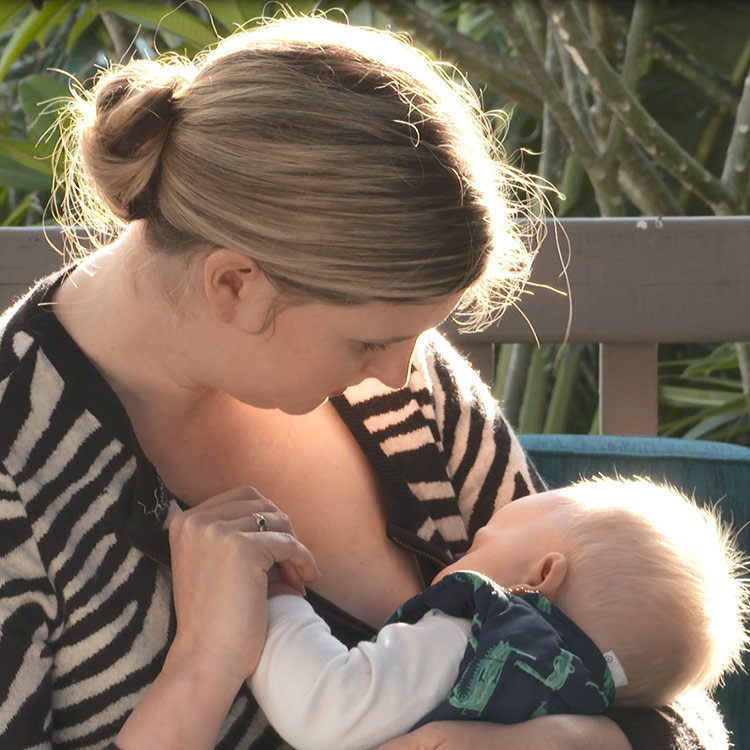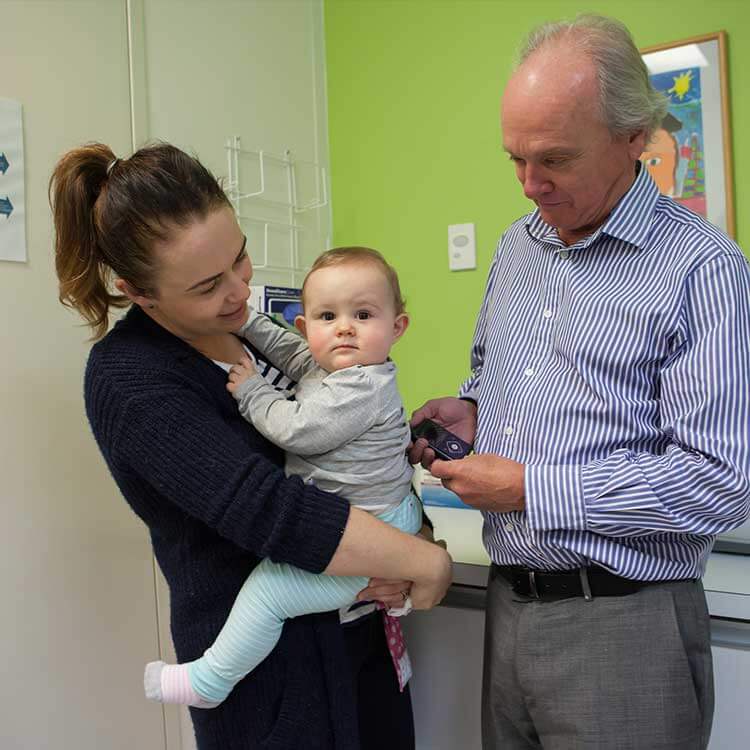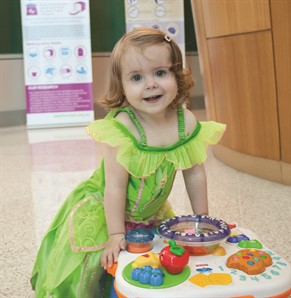Search

News & Events
ADHD association with family stress and maternal smokingThe results from two new The Kids Research Institute Australia studies on Attention Deficit Hyperactivity Disorder (ADHD) show an association between the condition

News & Events
Trans-Tasman partnership to tackle rheumatic heart diseaseResearchers at The Kids Research Institute Australia have begun a comprehensive research project into vaccines aimed at tackling rheumatic fever.

News & Events
How learning to talk is in the genesResearchers from Perth's The Kids Research Institute Australia have been part of an international study that has found that genetic factors contribute to the development of l

News & Events
Breastfeeding protects against obesity in adultsThe Kids Research Institute Australia has shown that stopping breastfeeding and introducing formula milk before babies reach six months of age is linked to an obesity risk.

News & Events
$11M funding boost for child healthResearchers at The Kids Research Institute Australia have today been awarded more than $11 million in funding from the National Health and Medical Research Council.

News & Events
Sunlight link to obesity and diabetesResearchers from The Kids Research Institute Australia and Harry Perkins Institute of Medical Research have found that small regular doses of sunlight suppress the develo

News & Events
Program review highlights strategies for improving Aboriginal mental healthNationwide review looking at effective mental health strategies for Aboriginal and Torres Strait Islander people

News & Events
New study recommends changes to cystic fibrosis monitoring in young childrenA new Australian study that looked at the long term impacts of early lung infections in young kids with cystic fibrosis has recommended changes to monitoring

News & Events
The good oil on immunisationAs a new parent or parent-to-be, you will be faced with many important decisions about your health and the health of your child, including immunisation.

News & Events
New study reveals mothers age linked with childrens behaviourResearch from The Kids Research Institute Australia has shown that children born to older mothers fare well when it comes to behaviour.
